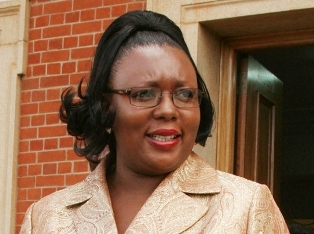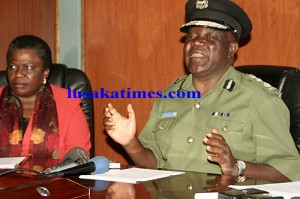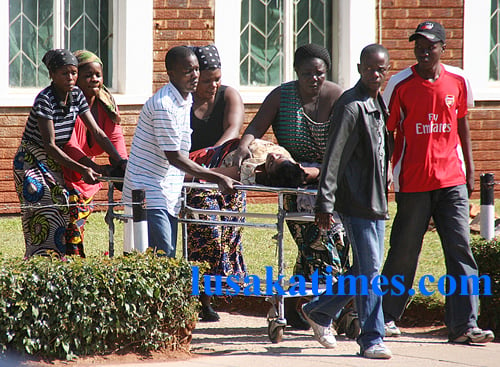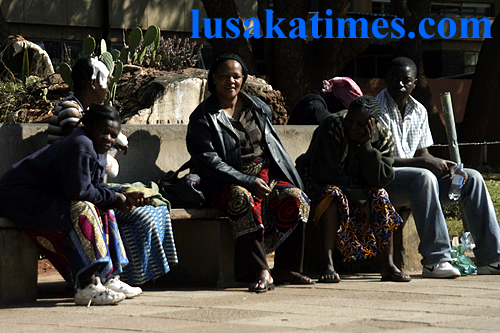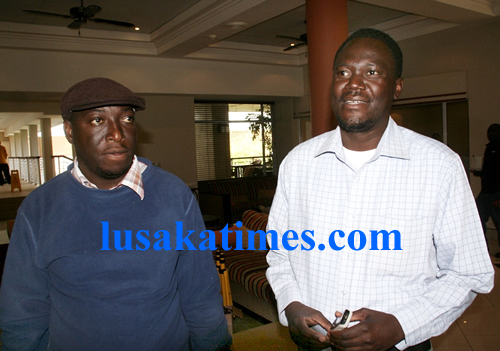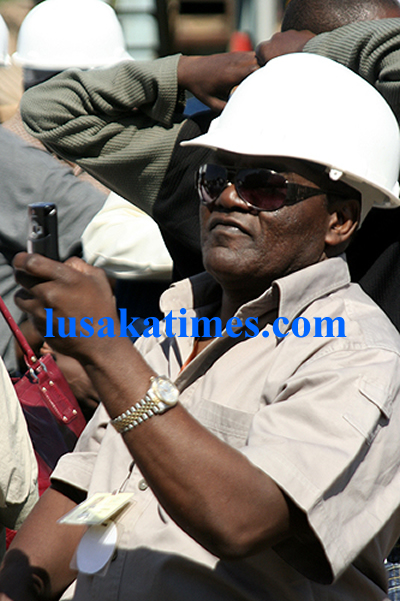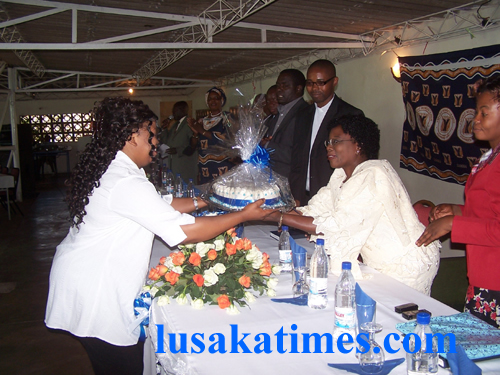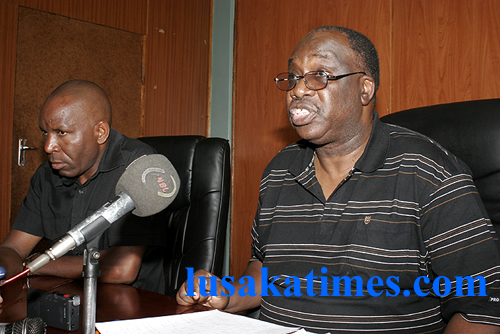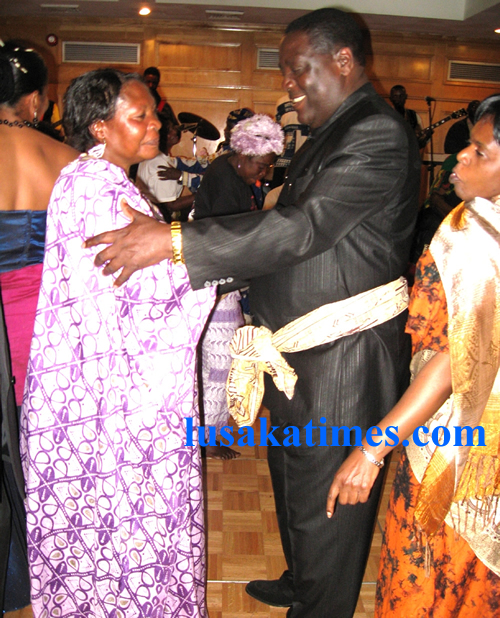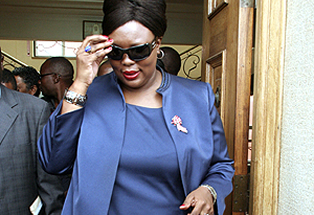
Lusaka Lawyer Eric Silwamba has described Tuesday’s High Court ruling that former transport Minister, Dora Siliya did not breach the constitution as a landmark judgment based on the 1996 law.
Mr. Silwamba said that the law requires a cabinet minister to seek the Attorney General’s legal opinion or advice before signing government contracts.
He said even though this requirement is mandatory under this law, compliance is not.
This means that the minister can choose to take the advice or ignore it.
Mr. Silwamba said the judgement also clears Ms. Siliya of all three allegations determined by the Judge Dennis Chirwa tribunal early this year.
Ms Siliya was alleged to have breached the Constitution when she ignored the advice from the attorney general and awarded a contract to RP Capital and partners to value Zamtel assets.
Delivering his ruling yesterday, High Court Judge Philip Musonda said the philosophy underlying the non-conferring on the attorney general, as chief legal advisor to the Government, veto or overriding power was that he gave professional advice, which was legalistic to the president and Cabinet.
He said the attorney general was not an elected official and he, therefore, did not factor the social, political and economic conditions prevailing at the time, which elected officials representing the people must take into account.[quote]
Mr Justice Musonda said the law moved slowly while the social, economic and political events happened instantly and needed an instantaneous response.
The judge said while in Article 56 (7) the Director of Public Prosecutions (DPP) would violate the Constitution if he did not follow the attorney generals direction, Article 54 (3) of the Constitution was without sanctions.
“What is unconstitutional is failure to get the advice of the attorney general and not failure to follow it, interpreting the law strictly,” he said.
“In that regard if legal opinion runs counter to achieving a certain objective, ministers have the option to ignore it, but to ignore it because they are profiting from it is the very evil the parliamentary and ministerial code of conduct reprehends,” he said.
“The tribunal’s findings that there was no breach of Part II of the ministerial code of conduct remain undisturbed, which means she is cleared by the tribunal under Part II and by this court under Article 54 (3) of the Constitution and it is so ordered,” he said.
The judge, however, said it was an uncomfortable fact to preside and respectfully disagree with members of the Dennis Chirwa-led tribunal, who were among the most gentle, friendliest, warm-hearted individuals in the institution.
“I say this because there may be especially among the laymen a mistaken notion that dissent or being reversed is synonymous with discord in the judiciary,” the judge said.


